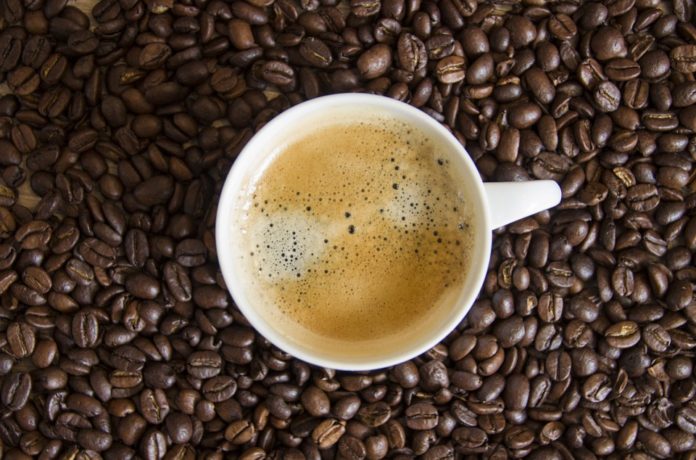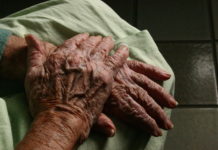A new study published in Scientific Reports today, Monday, June 24, 2019, found that coffee can accelerate the use of fat in humans. In other words, coffee can help you lose weight!
According to researchers, the use of only one type of fat is accelerated, which is known as brown adipose tissue, BAT, or brown fat.
Brown fat, which is considered “good fat,” as opposed to white adipose tissue, or white fat, is used by the body to generate heat.
According to Dr. David Agus of the University of Southern California, it is safe to consume a maximum of three cups of coffee per day without harm to the body. Further, Agus also shares that it isn’t a good idea for most people to consume coffee after noon due to caffeine’s ability to keep people from going to sleep or having a full night’s sleep when consumed too close to bedtime.
Dr. Agus also shared in an interview on “CBS This Morning” today that medical researchers haven’t known about brown fat for much more than a decade. Further, there’s consequently not as much research done about good fat as much as there has been about fat in general.
The study is the first to find that coffee can help people burn excess brown adipose tissue.
In the past, researchers only knew that mammals that hibernate and babies store energy in the form of brown adipose tissue, according to the University of Nottingham, which was deeply involved in the study.
The University of Nottingham, via a press release sent out earlier today, shared that adult humans who have relatively lower body mass index scores tend to have more brown adipose tissue than their heavier counterparts.
Medical researchers agree that adult humans generally store anywhere between 50 and 100 grams’ worth of brown adipose tissue throughout their bodies. When brown fat is used, it is much more effective at creating energy than any other organ in the human body, pumping out up to 300 times more heat than other organs.
At most, brown fat can be responsible for pumping out some one-tenth of the body heat generated by humans.
The researchers designed the study by looking at brown fat concentrations in participants’ necks prior to consuming coffee and one hour after consuming one serving of coffee. The type of coffee used – not that it matters, as all coffee should have a similar effect – was Nescafe Original. Each serving of coffee administered to the study’s participants contained roughly 65 milligrams’ worth of caffeine.






